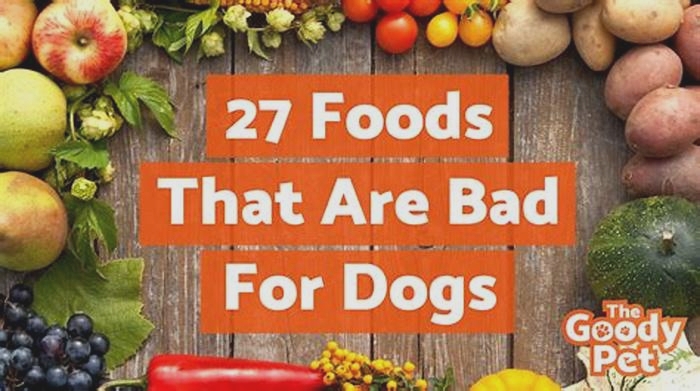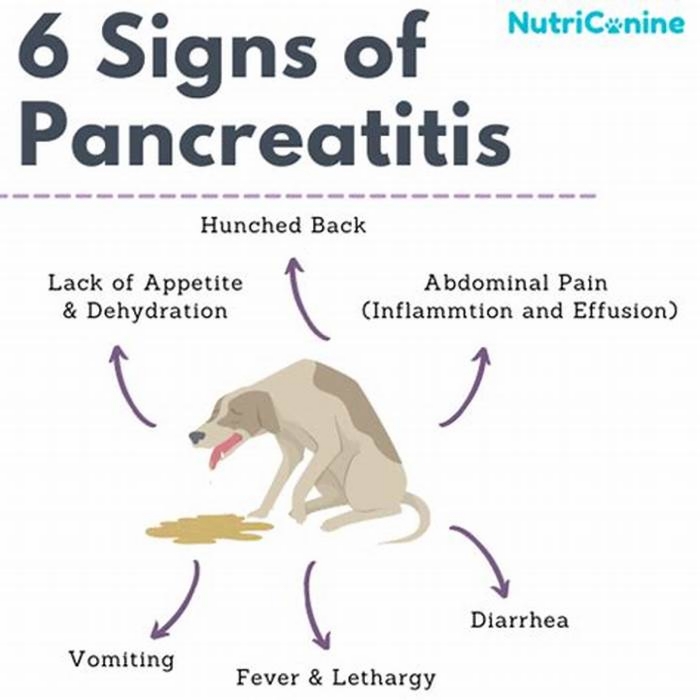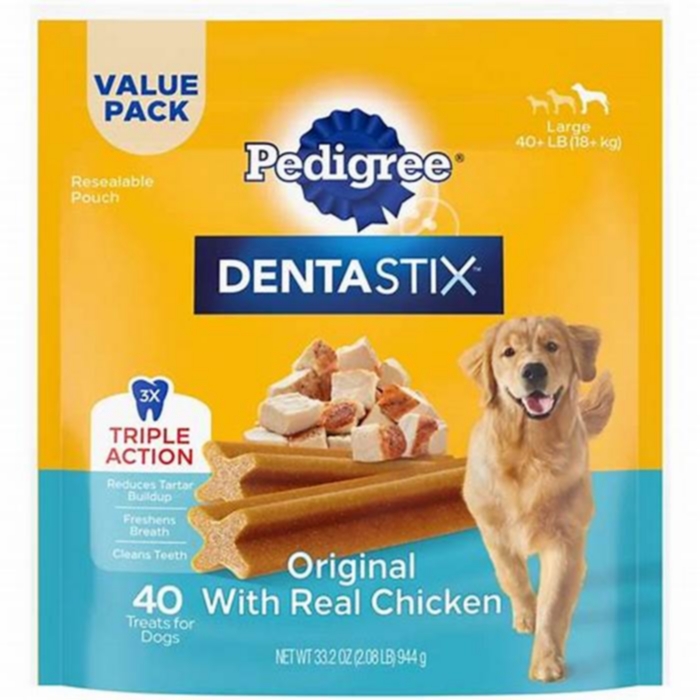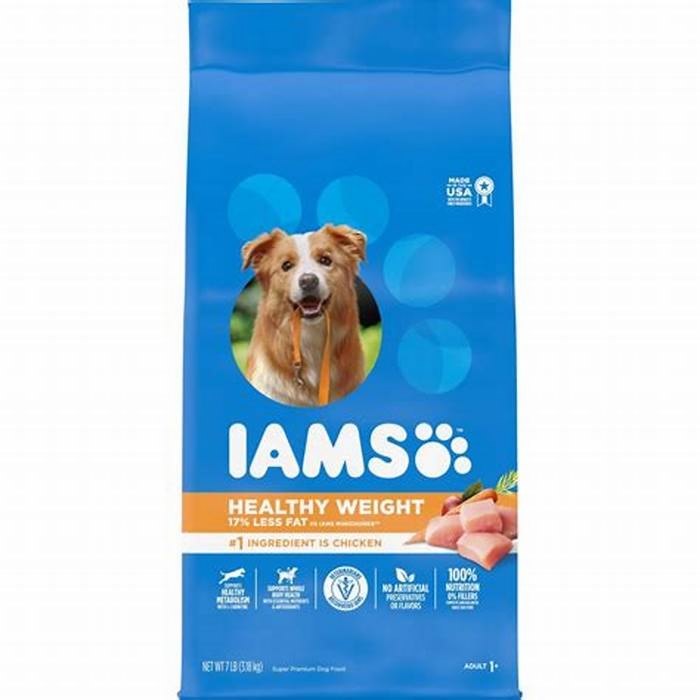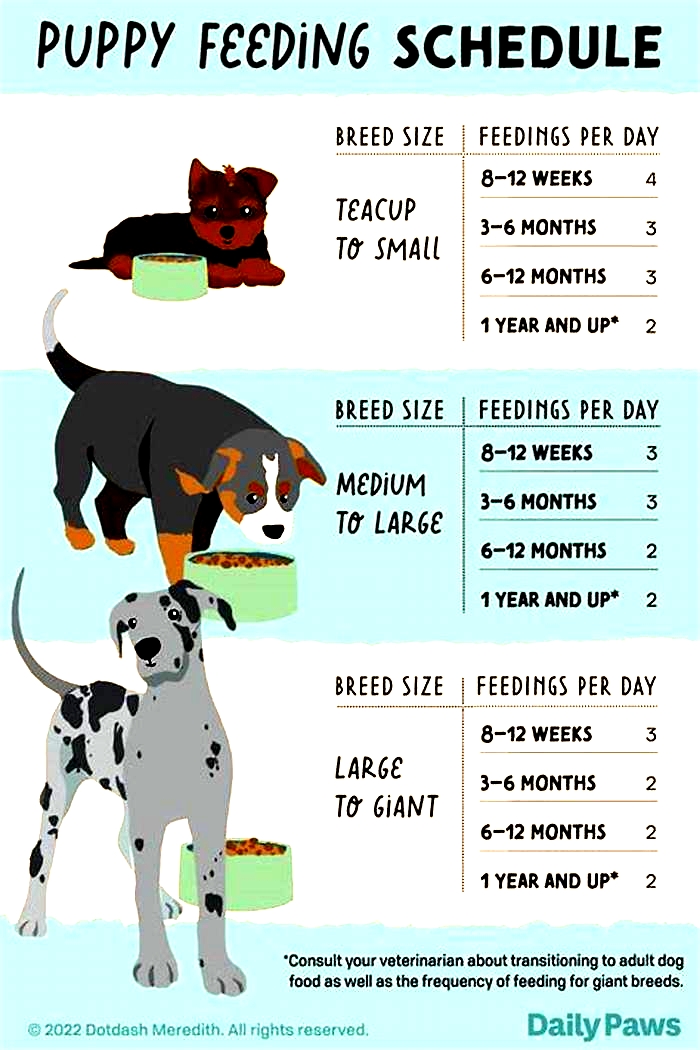Are bananas fatty for dogs
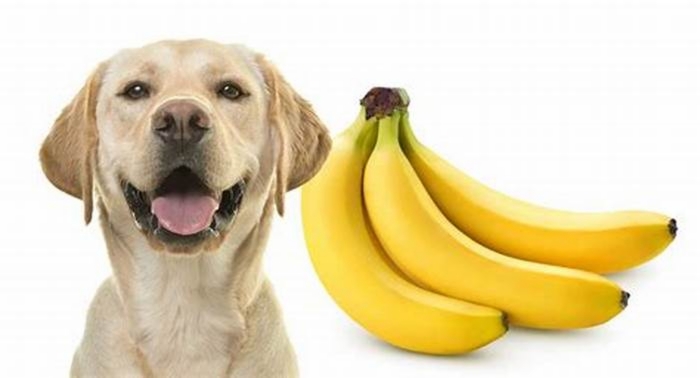
0 Comments
About bananas
The banana was first cultivated in South East Asia more than 5,000 years ago. Botanically speaking and rather surprisingly perhaps, the banana is in fact a berry. Its a stoneless fleshy fruit produced from a single flower containing just one ovary which apparently qualifies it as a berry.
Benefits of bananas
Bananas have a multitude of uses and a wide range of benefits for both human beings and dogs.
They are a good source of vitamin C and various B vitamins, particularly vitamin B6. Theyre also a good source of iron, manganese, magnesium, phosphorus, potassium, zinc and vitamin B9. Vitamin B9 is also known as folate or naturally occurring folic acid of course.
The antioxidants in bananas can help your dogs skin and coat, while their soluble carbohydrates can boost energy levels. (Thats why tennis players snack on them throughout a tennis match).
And, because bananas are high in fibre, their natural enzymes can help soothe the irritation associated with bowel problems. High in fibre and low in sodium, cholesterol and fat, many vets actually recommend giving dogs bananas. Particularly as an alternative to more fatty, salty, unhealthy treats.
More than that, did you know that bananas have cancer fighting benefits for dogs? According to the American Association of Cancer Research, bananas can help reduce and even prevent the incidence of cancer by up to 60%. The one caveat there is that they must be green, unripened bananas which are lower in sugar, higher in fibre and brim full of beneficial probiotics.
Can dogs with kidney disease eat bananas?
Has your dog been recently diagnosed with kidney disease, and this has made you conscious about the foods they consume? This concern is a normal reaction of every dog owner battling with their dogs kidney conditions.
Kidney diseases describe the malfunctioning of a dogs kidneys and can result from the ingestion of toxins or infection. Although kidney diseases may not go away, you can help your dog lead a healthy life with the proper diet.
This article will explain important diets for dogs battling kidney diseases and whether alternative foods like bananas are a healthy option for your fur animal.
Kidney diseases and diet relationship

The kidneys are essential organs for maintaining a healthy balance in the body system. The kidneys primary function is to remove waste products; these wastes are nitrogenous materials, like salt and excess water, typically obtained from ingested food substances.
Therefore, what your dog consumes has an impact on its kidney and overall health because the ability to eliminate the wastes from these food materials will determine the kidneys effectiveness. If the kidneys cannot adequately eliminate these nitrogenous materials, it could cause a build-up of toxins, leading to health complications.
Certain food materials should be consumed in moderation because of their ability to pose a health risk to your dog. For example, foods high in sodium are not advisable for dogs with a history of kidney conditions.
Since diets can directly influence kidney health, diet modifications can be an efficient method to help manage kidney conditions in dogs. Diet modification involves excluding certain nutrients from your dogs food and including some other nutrients known to have beneficial effects on the kidneys. Key nutrients are sodium, proteins, phosphorus, and omega-3 fatty acids.
Nutrients for kidney health
Most vets advise reducing proteins, phosphorus, and sodium in a dogs diet to help manage kidney conditions. At the same time, you should help your dog increase the consumption of omega-3 fatty acids and water.
How do these nutrients affect your dog with kidney disease?
- Proteins: Protein metabolism takes a lot of work and can also lead to the build-up of urea. Reducing the consumption of foods high in protein can help reduce the workload of your dogs kidneys. Hence, it is effective in managing kidney conditions.
- Phosphorus: A healthy kidney helps to eliminate excess phosphorus from the body. However, a dog with a kidney condition may experience an accumulation of phosphorus, which can cause health problems like reduced calcium and Vitamin D metabolism in the long run. Reducing the phosphorus content in dog meals can help avoid such complications.
- Sodium: The kidneys function also includes maintaining sodium balance. Hence, reducing the consumption of sodium-containing foods can help reduce the workload on the kidneys.
- Omega-3-fatty acids: This nutrient is highly beneficial to humans and also dogs as it helps to reduce the risk of kidney declination. Omega-3 fatty acids help to reduce inflammatory activities in the body. Fish sources of omega-3 fatty acids like salmon or cod are highly recommended to help your dog live healthily.
- Water: Increased water intake has been linked to improving kidney health, as water aids the kidneys in performing their eliminative functions. Hence, by helping your fur animal consume more water, you would be helping their kidneys.
Are bananas okay for dogs with kidney disease?

Diet modifications are usually recommended for dogs with kidney conditions. Proper diet monitoring and planning help to manage kidney diseases. Bananas are commonly suggested as fruits that can be included in the diet of dogs with kidney issues. How, then, do bananas help with kidney diseases? Lets find out.
Humans consume bananas, a popular fruit with numerous vitamins and mineralsmaking them a healthy snack choice. These benefits may inspire many dog owners to prepare diets with bananas to help keep their dogs healthy. Also, bananas contain essential nutrients that are useful for preserving kidney health.
Bananas are low in protein, phosphorus, and sodiumall required in small amounts for dogs with kidney problems. Bananas are also excellent sources of Omega-3 fatty acids and other essential vitamins and minerals for electrolyte balance.
Now, can dogs with kidney disease eat bananas? The answer is yes. However, you should consult your veterinarian before making total adjustments to your dogs diet.
Benefits of bananas for dogs
Aside from having low sodium, protein, and phosphorus content, which makes them an excellent treat for dogs with kidney diseases, bananas also contain several other benefits that can improve a dogs general health. Thereby helping them lead a more healthy and longer life. Some of these benefits are
- Improved immune function to help fight against infections and diseases, especially in the gut. This can help prevent further complications in dogs diagnosed with kidney conditions.
- Bananas contain antioxidants, which effectively prevent kidney damage in dogs.
- Dogs with kidney issues are prone to digestive issues like constipation. Due to their high dietary fiber content, bananas can help dogs deal with digestive issues and prevent constipation.
- It is common for dogs with kidney diseases to experience decreased energy levels. Bananas are a low-fat energy source; hence, they can boost energy levels while maintaining body mass.
Risks/side effects of bananas for dogs with kidney disease
Bananas are a suitable addition to dogs meals, especially dogs with kidney diseases, as they contain valuable nutrients like omega-3 fatty acids, which can help improve their overall health.
However, feeding your dog bananas should be done in moderation and according to your veterinarians directions. This is because some risks are associated with feeding bananas to a dog with kidney disease.
- Bananas have high sugar and calorie content. While the high sugar and calorie content of bananas can help provide dogs with a boost of energy, they can also lead to health issues like weight gain. Hence, they should be consumed in moderation.
- Bananas may also cause digestive issues like diarrhea or constipation if consumed excessively.
- Introducing bananas into a dogs diet might be met with some adverse reactions for highly sensitive dogs. Some of these reactions could be vomiting or irritation.
- While the potassium content of bananas is beneficial, when ingested in excess, it could pose a health risk to dogs with kidney conditions.
How to include bananas in your dogs diet
Now that it is clear bananas can be a beneficial addition to a dogs diet, we have made a list of ways to include bananas in your dogs diet, so they are provided with the most benefits from the food.
- You can improve the taste and flavor of your dogs regular meals by mashing up bananas and adding them to their meals.
- You can also use bananas as your dogs kibble toppings. This ensures that bananas are consumed in small quantities; hence, they provide benefits with less sugar and calorie consumption.
- Mix mashed bananas with peanut butter; then freeze this mixture in small pieces and serve to your dog as treats.
- The above method is not suitable for dogs with peanut butter allergies. Hence, you can simply cut up bananas into small slices, then freeze these slices. These frozen bananas can then serve as healthy treats for your dog.
- You can also make bananas into dried treats. Place the bananas into a dehydrator; ensure that this is done on medium-low heat to ensure that vitamins remain intact. Then serve the dried bananas to your dog and watch them enjoy it.
Tips for creating a healthy diet with bananas for dogs with kidney disease
Moderation is the key when starting a banana diet for your dog with kidney disease. As discussed earlier, bananas have high sugar content and too much can pose an additional health risk for your dog. Other essential tips are the following:
- Ensure that you speak to your veterinarian about your diet plans and receive recommendations from them.
- Remove the peel before serving your dog bananas. Dogs cannot digest peels; it could cause digestive issues if not taken out.
- Use bananas as an addition to your dogs diet, not as a complete replacement for foods.
- If your dog is new to eating bananas, introduce bananas gradually by serving small portions per time. Doing this will help minimize the risk of food sensitivity or irritation.
Other alternative food options

Bananas are not the only food beneficial for dogs with kidney diseases. You can introduce other foods like broccoli, especially for dogs with high sensitivity to bananas. When considering other treats for your dogs, the critical thing to note is their nutrient content. Like bananas, they should have a small protein and phosphorus content.
Treats with high sugar and calorie content should also be avoided or moderately consumed. Be sure not to serve these treats as a whole meal but as part of a balanced meal. Some treat options to consider for your dog with kidney conditions are
- Broccoli
- Carrots
- Blueberries
- Jerky treats
- Green beans
- Apple slices
Final Thoughts
Kidney diseases can be terrifying for dog owners. However, if the correct information, care, and diet are adequately followed, dog owners can help their affected dogs lead healthier and longer lives.
Bananas are a good source of minerals and vitamins for dogs with kidney disease, so they can be incorporated into their diet. However, due to some other nutrient content of bananas, they should be consumed in moderation.
Ensure that you consult with your veterinarian before changing your dogs diet. You can also incorporate other treats like carrots or broccoli in your dogs meal to support their kidney health.
Can Dogs Eat Bananas: Everything You Need to Know
Read on to find out how to treat your canine companion to bananas without causing digestive issues.
Table of Contents:
Pro tip: Too much banana can cause your furry friend a variety of issues including vomiting, diarrhea, and weakness. Dog insurance helps pay for vet treatment when your pup gets sick or injured. It reimburses you for treatment of basically any unexpected health issues that your dog might encounter.
Are bananas good for dogs?
Bananas are packed with essential vitamins and minerals like magnesium, potassium, vitamin B6, and vitamin C. Bananas are also rich in dietary fiber and low in cholesterol and fat, which is why vets often recommend them as a healthier alternative to salty, fatty treats.
Here are some of the health benefits these yellow fruits offer for your four-legged companion:
Improved digestive health. One medium-sized banana contains about 2.6g of fiber, which can help regulate the digestive tract health. The prebiotic fiber in bananas has also been shown to increase healthy gut bacteria and reduce bloating.
Regulated blood pressure levels. Bananas are packed with vitamin B6 and potassium, two nutrients that can help regulate your pups blood flow.
Improved bone strength. Potassium in bananas can also prevent calcium loss from bones, whereas magnesium promotes healthy bone growth and muscle maintenance.
Improved cognitive function. Vitamin B6 also helps improve brain function, making sure your pups mind is sharp.
Immunity boost. Bananas contain vitamin C, which boosts immunity and helps prevent your furry pal from getting sick.
 (Image source: American Kennel Club)
(Image source: American Kennel Club)
Are bananas bad for dogs?
As healthy as bananas are, they also contain high levels of sugar and starch. For reference, one medium-sized banana contains 14 g of sugar and 6 g of starch. Too many bananas can lead to diabetes and obesity, or cause stomach upset.
Some pups might be allergic to bananas. If your four-legged friend has never had bananas, start with small amounts and keep an eye on allergy symptoms such as sneezing, coughing, difficulty breathing, hives, or itching. If you notice any of these symptoms, stop giving bananas and consult with your veterinarian. In case of a more severe reaction, make sure to see your vet right away.
Pet health insurance can help pay for allergy testing if your pup suffers from any food allergies. Some pet insurance plans not only reimburse allergy tests but also the complete sick visit.
If your canine companion has diabetes or an underlying condition with his kidneys, too many bananas can result in hyperkalemia (high concentration of potassium in the blood), causing symptoms like disorientation, weakness, and even collapse. If your four-legged friend is diabetic or has high blood sugar, it's probably best to keep them away from bananas altogether.
Always consult your vet before making any additions to your pup's diet. Your veterinarian knows your pups health and will be able to advise you about how to safely include bananas in their diet.
So, how much is too much?
Bananas should be given occasionally as a treat and should never replace a regular, balanced meal. In general, 2-3 small pieces should be enough for smaller pups, whereas bigger dogs can eat half a banana a day.
Small puppies should have specific diets that support their development and growth, so make sure to consult your veterinarian before offering a banana to your puppy.
Remember, 90% of your dogs diet should consist of regular dog food and only 10% of treats as an enjoyable way to reward and motivate your furry pal.
Are banana peels toxic to dogs?
When it comes to banana peels, be careful. Even though theyre not toxic to dogs, peels are difficult to chew and digest and might result in intestinal blockage. If you suspect your pooch might have eaten a banana peel, watch for signs of gagging or choking and keep an eye on their bowel movements for a few days. In case they dont vomit or pass the banana peel, you should take them to the vet. If your pup has eaten multiple banana peels, seek veterinarian help immediately.

Are dried bananas safe dog snacks?
Dried bananas (banana chips) are a convenient energy boost when your pooch needs a quick energy snack. However, even though they are safe for your furry pal, most commercially available banana chips contain high sugar levels and added preservatives.
So, if youve been wondering if dogs can eat dried bananas, the answer is yes, but we recommend dehydrating bananas yourself using a dehydrator or your oven.
Preheat the oven to 175 degrees, and lightly coat two cookie sheets with a very small amount of oil. Cut the bananas into thin slices and arrange them in a single layer on the cookie sheets. Cook for about 3 hours, until they are dehydrated but not rock solid.
Can dogs have banana bread?
It depends. While bananas are perfectly safe for your pooch, you need to pay attention to other ingredients that might be inside the banana bread. For instance, if the banana bread contains chocolate chips or raisins, you should not offer it to your pooch because both these ingredients are toxic for dogs.
In addition, most banana breads contain sugar, so you should make sure that your four-legged friend consumes it in moderation. To conclude, if the banana bread is specifically made for your pup and doesnt contain any harmful ingredients, it can be safe as an occasional treat but should not be offered very often.
How to feed your dog bananas
Before you feed your furry friend any bananas, talk to your vet. They will be able to tell you the right amount for your pooch based on their age, size, weight, and dietary needs. If your vet okays adding bananas to your dogs diet, here are several ways you can serve them:
- Slices are the simplest ways to feed your furry pal bananas. Simply remove the peel and slice the fruit. You can also freeze the banana slices and offer them as a refreshing treat on hot summer days.
- Mix bananas with other dog-safe ingredients such as yogurt and peanut butter. If you freeze this mixture, you will get a tasty doggy ice cream. Note: Check if the peanut butter contains xylitol, an ingredient that is toxic to dogs.
- Mix bananas with oats and peanut butter, cut into squares and bake.
- Mash the bananas, stuff them into a dog toy, and freeze them for a cool snack.
Alternatives to banana dog treats
Now we know that bananas are safe for dogs, but what if your canine companion doesnt like the taste? If thats the case, dont fret - there are many other fruits and vegetables that are safe for dogs if given in moderate amounts, such as watermelon, apples, strawberries, cucumbers, potatoes, etc.


